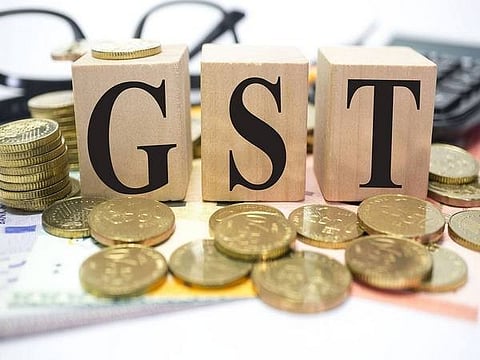

MUMBAI: After Commerce Minister Piyush Goyal’s recent criticism of Indian start-ups for not innovating enough and sticking to the grocery delivery business, several entrepreneurs and businesses had countered this criticism by detailing how difficult it is to do business in India. One of the most common angsts was the difficulty in getting a GST registration done.
The government, it seems, has taken the feedback positively and decided to ease the process of obtaining GST registration. In an instruction issued to its officers, the Central Board of Indirect Taxes and Customs (CBIC) has asked them to strictly adhere to the prescribed list of documents required in registration application form.
Requisite documents in specific cases to be uploaded with registration application form have also been delineated in the instructions, it said in a statement issued to the media.
“Officers have been directed not to issue notices based on presumptive grounds, minor discrepancies, or for additional documents that are not essential for processing applications,” reads the instruction issued by CBIC.
Officers have also been directed to seek approval of the concerned Deputy/Assistant Commissioner in cases where documents apart from the listed documents are required to be sought.
The Zonal Principal Chief Commissioner/Chief Commissioners have been advised to devise mechanisms to closely monitor and issue suitable trade notices, wherever required. The CBIC has assured that strict action would be taken against the officers deviating from these instructions.
According to Rajat Mohan, senior partner in chartered accountancy firm AMRG & Associates, instruction issued by CBIC is a much-needed reform that decisively addresses the practical challenges faced by genuine applicants in obtaining GST registration.
This clarification introduces consistency, eliminates discretionary practices, and affirms the government’s commitment to a transparent and facilitative tax regime, says Rajat Mohan.
“By explicitly disallowing officers from demanding documents beyond the prescribed list or raising presumptive and irrelevant queries, the instruction curbs administrative overreach. The inclusion of clear timelines for approval, a structured framework for physical verification, and the acceptance of alternative documents like consent letters and utility bills are among the key reforms that will directly benefit taxpayers,” he says.